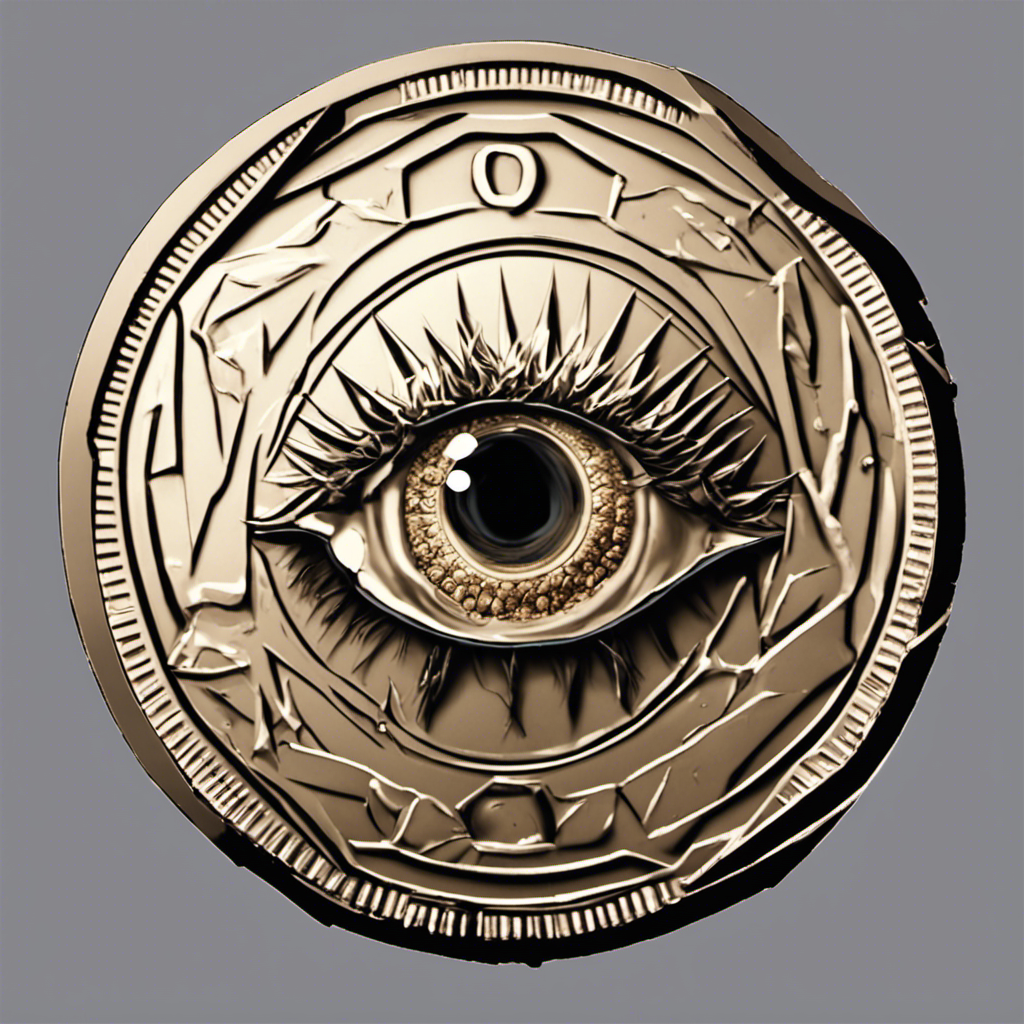Surveillance Coins

OK, so I'm going to take it to a darker corner of the room for this post about central bank digital currencies (CBDCs). As the name indicates, these are digital currencies issued and controlled by central banks. The two types you'll see mentioned most often are wholesale and retail CBDCs. Wholesale CBDCs are intended for large transactions between banks or institutions, and retail CBDCs are for folks like you and me. My focus today is on retail CBDCs, and I see two things on the horizon: 1) they're coming to a jurisdiction near you; and 2) they will be abused. Now, not all governments will use CBDCs to exploit their citizens, but <insert your (least) favorite autocratic regime here> will. CBDCs offer a level of control that will prove too tempting for some leaders to ignore.
So far in this little blog, I've laid out a few basic concepts that will provide some background for this discussion:
- All coins, tokens, NFTs, etc. are data.
- You can think of a blockchain as a database (albeit with some features you don't find in typical databases).
- A decentralized blockchain will recognize and enforce your ownership claims to your data, thereby establishing digital property rights. And it does this without the intervention of any outside party. Furthermore, no single entity can alter or stop transactions on a decentralized blockchain. Bitcoin for example, resides in this category.
- If a cryptocurrency, token, etc. issued on a blockchain (even a decentralized one) is issued and controlled by a central authority, then the central authority ultimately has control over that cryptocurrency, not you. This is where CBDCs live.
While people will argue the pros and cons of CBDCs, I have a hard time seeing beyond the cons. I'm unconvinced that CBDCs will offer any meaningful privacy protections. Additionally, I'm not sure what problems CBDCs will solve that can't be addressed with other currently available options. It's not my preferred approach, but I have to enter with a "guilty until proven innocent" mindset when considering CBDCs. You really need to focus on what can go wrong before considering any advertised benefits. And by the way, if you ever read claims that a given CBDC offers "managed privacy" or similar features, just know that they really mean "no privacy."
This lack of privacy has real consequences. CBDCs will enable issuers (central banks/governments) to conduct granular surveillance on all transactions. They'll know who was involved, when the transaction occurred, and the amounts exchanged. And since we're talking about digital currency, people will need digital wallets in order to execute transactions. Be on the lookout for jurisdictions that only allow approved wallet apps, and don't be surprised when some of those apps send detailed information back to the issuer. That information could include geocoordinates, personal contacts, connected devices, and more (and of course, be very suspicious if no explanations are offered as to why that information has to be collected.)
So, how will CBDCs be abused? Many people have addressed this issue, and I'll offer two examples below:
- Seizure - The CBDC issuer will have the ability to freeze or even delete a citizen's CBDC funds for any reason. Remember, this digital money is essentially data in a database, and the issuer is in control here. Did you buy something from that non-approved store? Did you donate to the wrong cause? You'll get flagged in real time. Perhaps you're deemed "clean" today, but if the political winds change, your transaction data could be used against you years from now.
- Discrimination - it wouldn't be hard to use CBDCs to target a subset of citizens. You just need to create a list of individuals and then reduce or cancel their CBDC holdings. And remember that geocoord data I mentioned earlier? Why not use it to box off an area and prevent anyone from spending CBDCs there? It's certainly one way authoritarian regimes could oppress communities within its borders. And they could do it with keystrokes instead of tanks.
- While we're at it, maybe you'd get a discount when transacting with approved entities. CBDC issuers can promote activity just as easily as they can discourage it. The sky's the limit when it comes to encoding CBDC policies that will influence people's behavior.
You can't do this kind of surveillance with cash. Now, I realize that in many parts of the world people don't use cash like they used to. And a significant amount of information can be collected from credit cards and other payment instruments. However, I still like having a more private option like cash available. I'm concerned that CBDCs could eventually phase out physical cash over time, but that remains to be seen.
I acknowledge that cryptocurrencies like bitcoin publicly post amounts, timestamps, and parties involved in transactions. However, the parties have pseudonymous identifiers like bc1q....d44ba that are not attributed to their real names by default. And there are additional measures parties can take to enhance their privacy, but that's a discussion for another day. And continuing with the bitcoin example, I'll restate that there is no third party that can stop a transaction or arbitrarily alter someone's holdings.
I'll point out that there are intelligent people working on CBDC projects around the world. Compare and contrast the jurisdictions who have thoughtful public debates with the ones who don't (and of course, pay special attention to those places). There are some techniques that may actually reduce privacy risks, but be clear-eyed out this. If a CBDC is pushed out before these techniques can be proven and incorporated into the digital cash, then you should ask why. Issuers need to earn everyone's trust rather than assume it will be given to them. Some issuers may indeed work toward that standard, but I'm certain that others won't.
There are many resources out there that address CBDCs, and I would suggest that the Human Rights Foundation's CBDC tracker is a good place to start.
Thanks.
